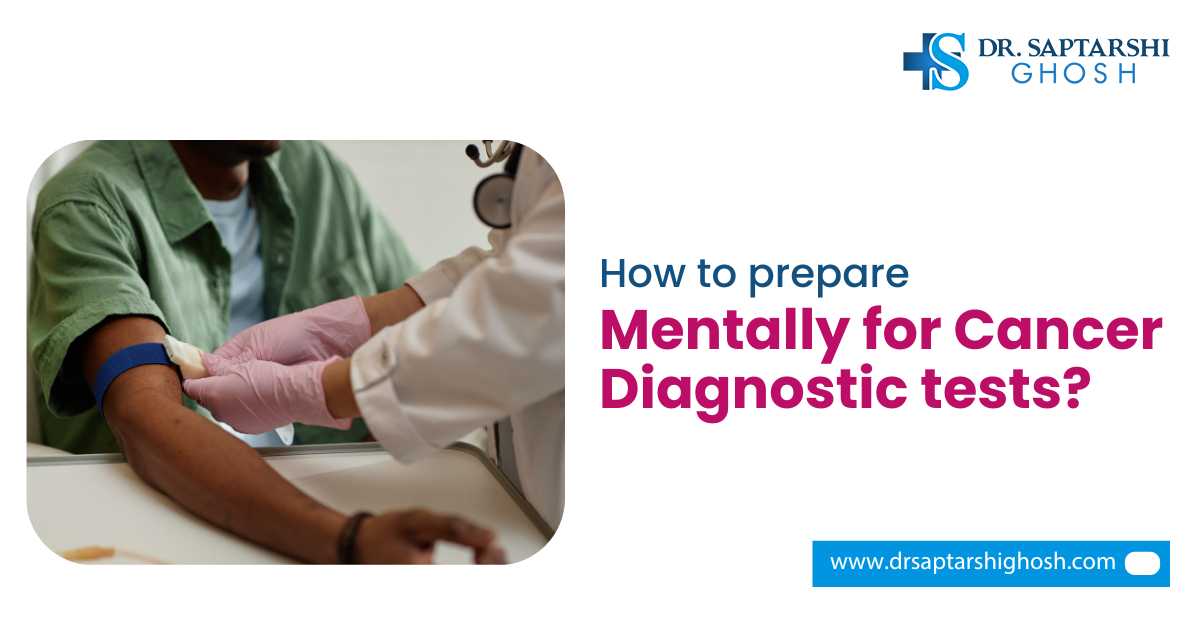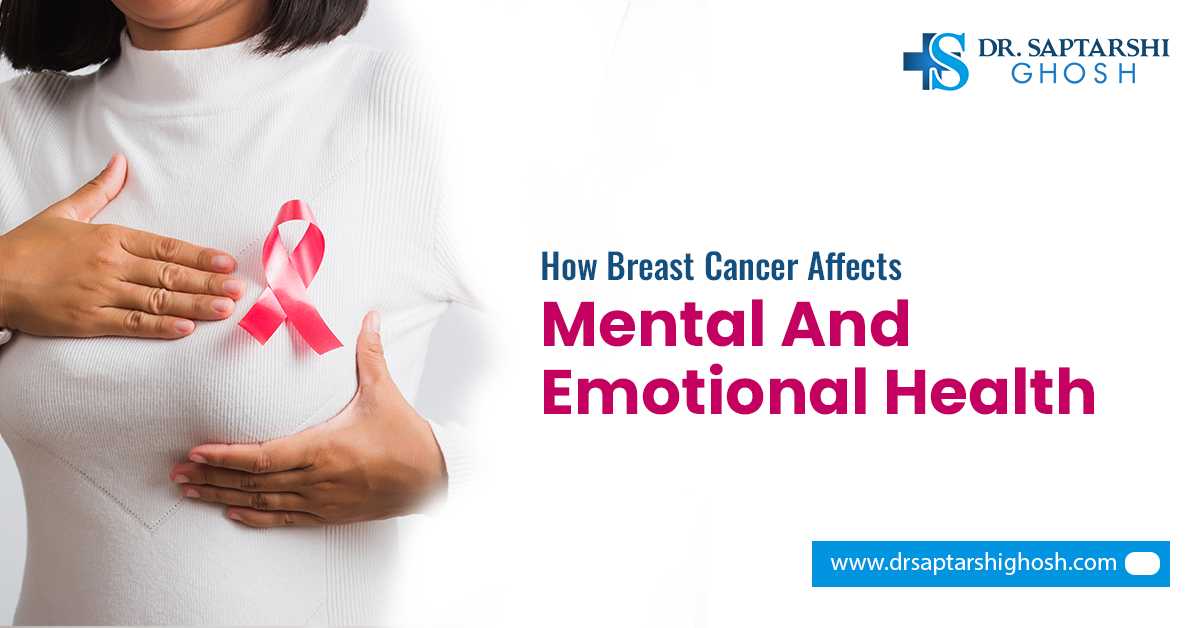There are hormones that coordinate with cancerous cells in growing. The role of hormone therapy is to access such hormones and prevent them from fuelling the cancer cells. When you look for a cancer doctor near me, make sure that your oncologist combines hormone therapy with other treatments such as radiation therapy, chemotherapy, or surgery.
How Hormone Therapy Function?
The cancer specialist will provide hormone therapy so that your body prevents the cancer cells from growing stronger. Here's how:
● By stopping the hormone production that grows and multiplies cancer cells. In complicated cases, surgeons may also have to remove those hormonal glands
● The therapy may also block access to the hormones by the cancerous cells
● They can substitute bio-identical hormones with actual hormones. Cancerous cells can't use those bioidentical hormones because they are artificial and lab-made
Types Of Cancer Hormone Therapy Can Address
Hormone therapy is needed mainly for prostate cancer or those cancers in which estrogen has a leading role.
For Prostate Cancer
The therapy in the case of prostate cancer uses various medications to block hormones from linking with cancerous cells. Some of the medications like antiandrogens are recommended which reduce the testosterone production of the patients.
In the advanced stages, health professionals may suggest surgical hormone therapy to remove or both testicles. Side effects of hormone therapy in prostate cancer include weight gain, erectile dysfunction, or low bone density.
For Breast Cancer
Hormone receptors are embedded in human body cells. In cases of women, estrogen in the bloodstream attaches to such receptors. Doctors will treat breast cancer by blocking or lowering hormone levels, to prevent attaching to cancer cells.
Hormone therapy for breast cancer includes medications like selective estrogen receptor modulators (SERMs), aromatase inhibitors, etc. Some common side effects are hot flashes, weight gain, fatigue, joint pain, and swollen or tender breasts.
For Ovarian Cancer
Rare forms of ovarian cancer are treated with hormone therapy. For that, medications like luteinizing hormone-releasing agonists, aromatase inhibitors, and tamoxifen, are suggested. Side effects include osteoporosis, hot flashes, vagina dryness, joint or muscle pain, etc.
For Uterine Cancer
Hormone therapy is a sound treatment option in cases of advanced uterine cancer, after surgical removal of uterine tumors, or palliative care to ease the pain of uterine cancer.
When it comes to uterine cancer, progestin is the dominant hormonal therapy, that is the medications work similarly to the hormone progesterone and slow down the growth of cancer cells.
Side effects of hormone therapy for uterine cancer are weight gain, night sweats, or hot flashes. Therefore, hormone therapy is the suggested treatment option alongside other treatment plans like surgery, chemotherapy, or radiation therapy.
When you look for a cancer doctor near me, ensure that your health professionals are aware of your medical conditions thoroughly before recommending hormone therapy.






